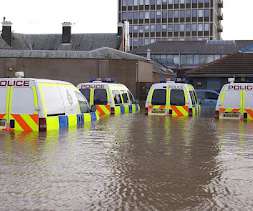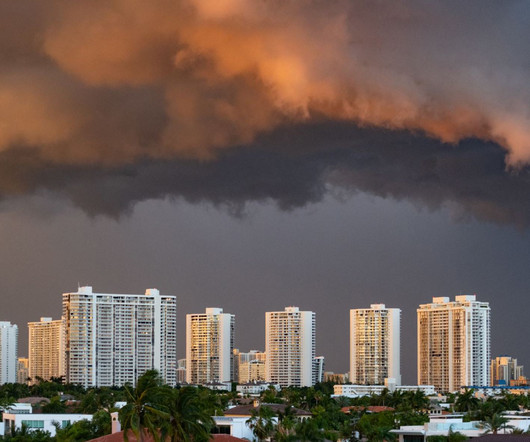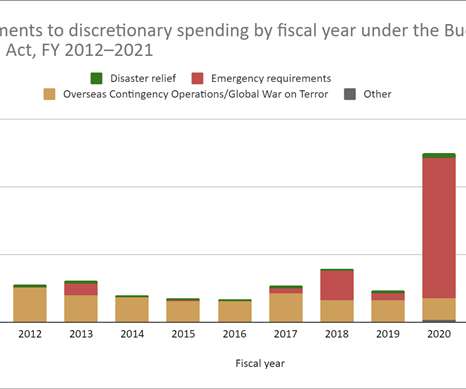Managing Emergencies: The Challenges of the Future
Emergency Planning
OCTOBER 21, 2022
What does all this mean for Britain? In some instances, notably the Manchester Arena bombing and the Grenfell Tower fire (both in 2017), the shortcomings have been nothing less than scandalous (Kerslake 2018, Moore-Bick 2019). So much for the personal reflections. In the UK this is the Civil Contingencies Act of November 2004.













Let's personalize your content